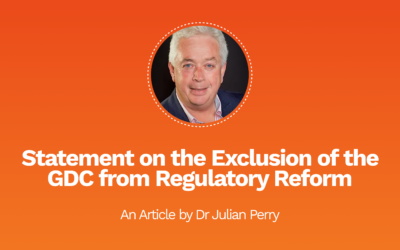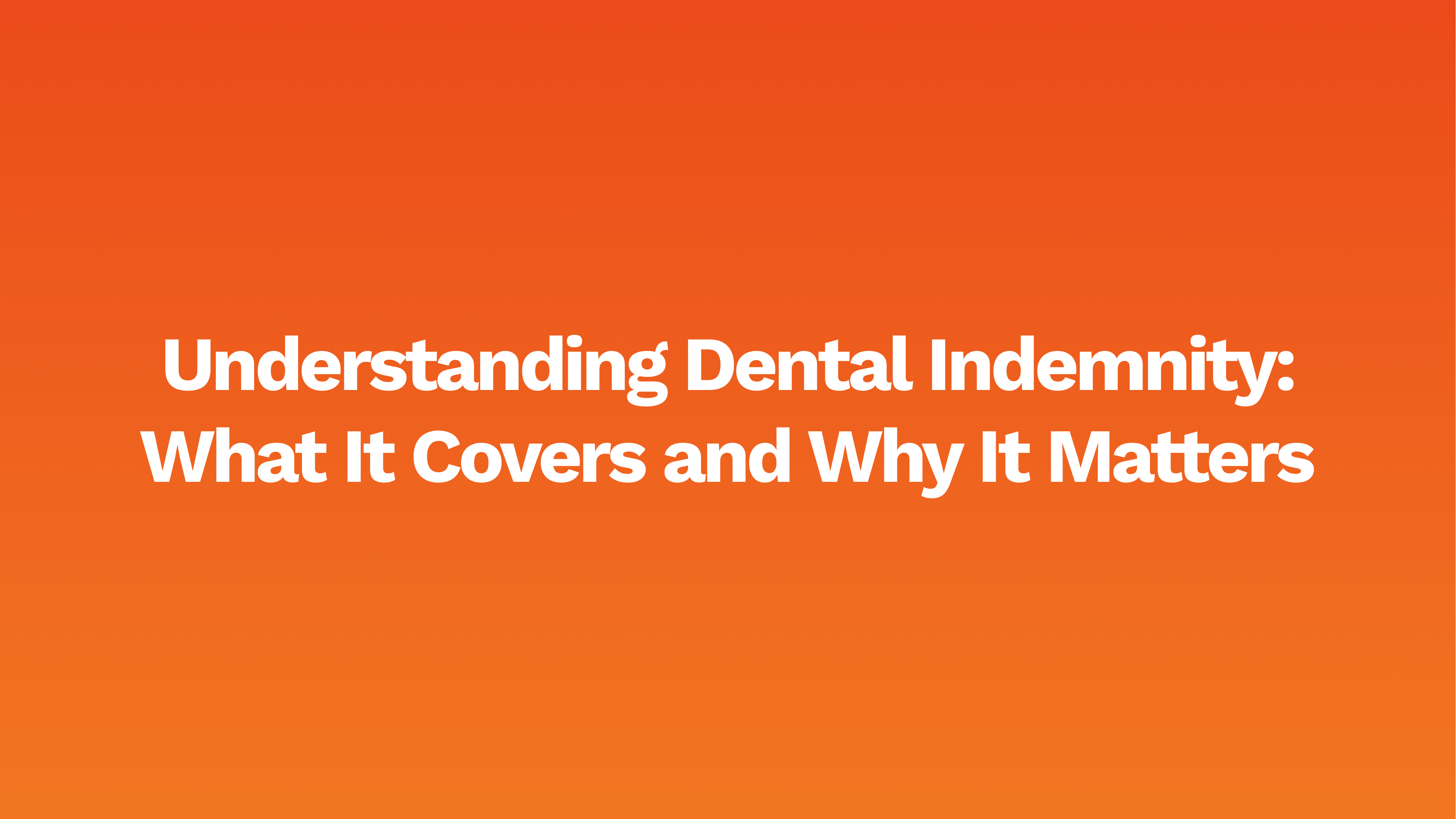Denis Campbell, Health Policy Editor at The Guardian newspaper recently highlighted the poor state of NHS dental provision in the UK. He made some valuable comments. The fact that the system is broken. The fact that the NHS was made worse following the 2006 contract change for registration with a practice to the UDA system and that the system requires a “ground up” re-think.
The dental profession in the UK is grappling with a profound crisis that has far-reaching implications for both practitioners and the public. The systemic failures of NHS dentistry have left hundreds of thousands of patients living with dental pain and infections, highlighting a public health emergency that demands urgent attention.
The Flawed 2006 Contract and the UDA System
Central to the demise of NHS dentistry is the 2006 contract reform, which abolished patient registration with dental practices and introduced the Units of Dental Activity (UDA) system. This system has proven fundamentally flawed, especially in high-need areas. Dentists are required to meet quotas that do not reflect the complexity of individual cases, making it nearly impossible to deliver comprehensive care in underserved regions. The UDA model incentivises volume over quality, disproportionately affecting areas with greater socioeconomic challenges. It is a system many consider morally bankrupt, prioritising efficiency metrics over patient well-being.
Geographical Inequality in Dental Care
Another critical challenge is the stark geographical inequality in access to dental care. Urban centres like London, Manchester, Leeds, and Liverpool boast an abundance of dentists, yet rural areas such as Norfolk, Devon, and Cornwall face severe shortages. This imbalance exacerbates the disparity in healthcare outcomes, with populations in coastal and remote regions bearing the brunt of inadequate access. For these communities, routine care and emergency interventions are increasingly out of reach.
Proposed Solutions and Their Limitations
Recent discussions on mitigating these challenges include proposals such as extending the interval between routine check-ups to two years. While this may be viable in areas where patients generally maintain good oral hygiene, it is wholly unsuitable for regions with low socioeconomic status and poor health literacy. Such measures risk deepening existing inequalities, leaving vulnerable populations at even greater risk of neglect.
The idea of scrapping the current dental contract entirely has also been floated. While the principle is sound—acknowledging that the existing framework is unworkable—this would require visionary leadership and a long-term strategy that prioritises prevention. However, neither the current government nor the opposition appears poised to implement such transformative reform.
The Broader Implications
The ongoing neglect of NHS dentistry reflects broader societal challenges. Dentistry, often overlooked as an essential aspect of healthcare, is in dire need of systemic change. Without intervention, the population will continue to suffer, with many living in chronic pain and discomfort due to the inadequacies of the current system. The economic and social costs of inaction are immense, perpetuating cycles of inequality and poor health outcomes.
Dentistry in the UK is at its lowest point, and the prospects for meaningful reform appear dim. Amid broader economic challenges, it is unlikely that NHS dentistry will receive the attention it urgently requires. The status quo is unsustainable, and without significant investment and reimagining of the system, the pain and suffering of countless patients will persist. A preventative, equitable approach must underpin any future strategy, but achieving this will require leadership and commitment currently absent from the political landscape.
This is my view. Who agrees?
Dr. Julian Perry BDS MFGDP.RCS DipImpDent.RCS



